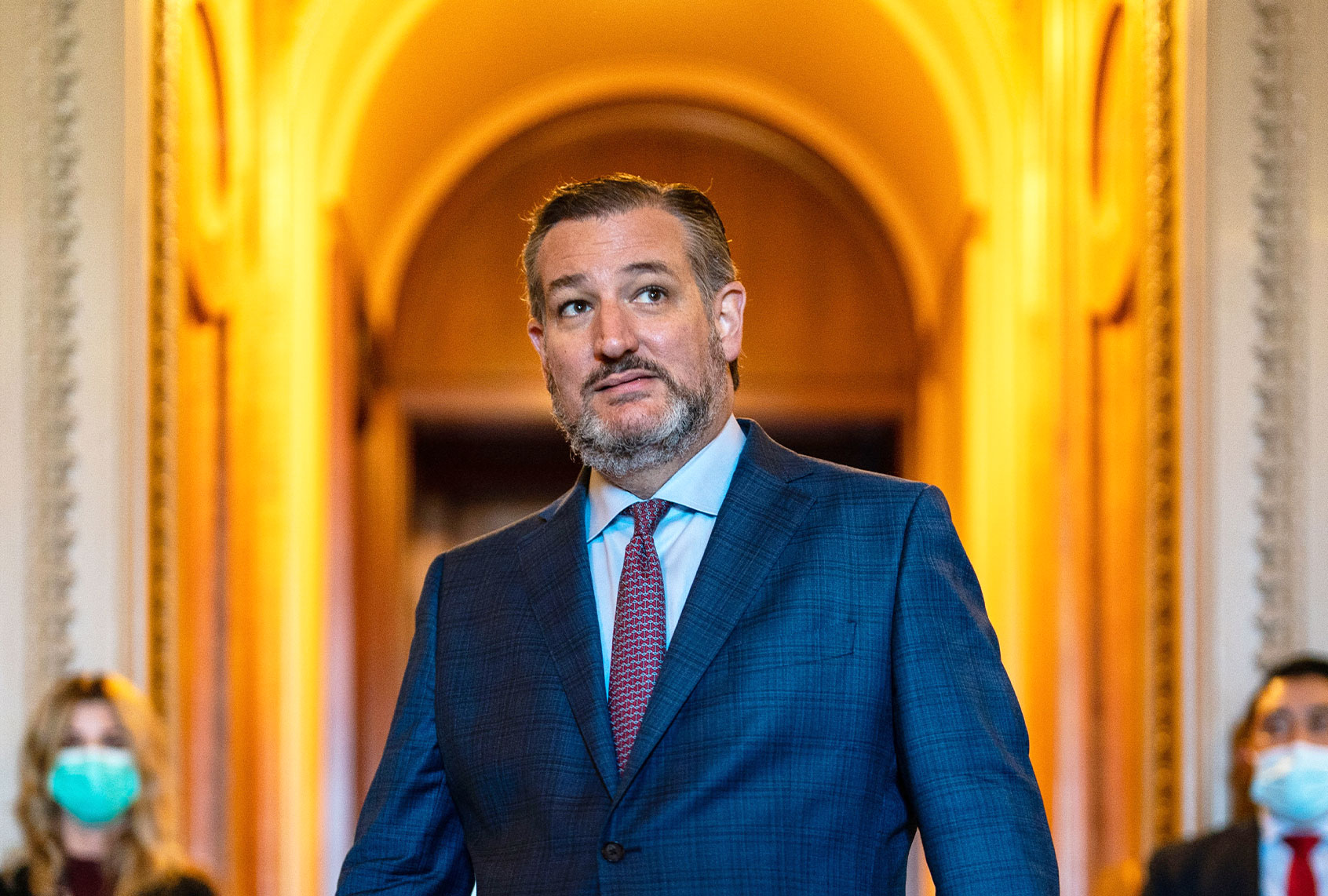Documents from the Federal Election Commission (FEC) show that over the summer, Sen. Ted Cruz of Texas received a payment of $555,000 from his campaign. Reporter Bryan Metzger, in an article published by Business Insider on October 18, explains why Cruz “has the U.S. Supreme Court to thank for it.”
Cruz, Metzger notes, challenged part of a 2002 law that “set a $250,000 limit on the amount of money that candidates could raise after the election for the purpose of paying off personal loans to their campaign committee.” The case, Federal Election Commission v. Ted Cruz for Senate, went all the way to the U.S. Supreme Court — and the Court, in a 6-3 ruling, agreed with Cruz. Chief Justice John Roberts used some Citizens United-influenced language in the ruling, writing that Section 304 of the 2002 law “inhibits candidates from loaning money to their campaigns in the first place, burdening core speech.”
The 2002 law was the Bipartisan Campaign Reform Act, also known as the McCain/Feingold Act (as in Republican Sen. John McCain of Arizona and Democratic Sen. Russ Feingold of Wisconsin). The High Court’s ruling in Federal Election Commission v. Ted Cruz for Senate struck down Section 304
“When Cruz first ran for the United States Senate in 2012,” Metzger explains, “he loaned his campaign over $1 million of his own money amid a heated primary campaign against then-Lt. Gov. David Dewhurst of Texas. Cruz would go on to win a run-off against Dewhurst. However, the 2002 Bipartisan Campaign Reform Act — championed by the late Republican Sen. John McCain of Arizona — set a $250,000 limit on the amount of money that candidates could raise after the election for the purpose of paying off personal loans to their campaign committee. Thus, Cruz essentially lost $545,000 of his own money after the campaign, with the outstanding portion of the loans converted to an in-kind contribution.”
Metzger continues, “Six years later, facing an unexpectedly competitive reelection campaign against then-Rep. Beto O’Rourke in 2018, Cruz opted to challenge the law. He lent his campaign $260,000 — just $10,000 more than the limit — on November 5, just one day before the election. That allowed Cruz to initiate a lawsuit against the Federal Election Commission, which eventually made its way up to the Supreme Court.”
When six of the nine High Court justices found Section 304 of the 2002 law unconstitutional, Roberts’ reference to “burdening core speech” was right out of the Court’s 2010 ruling in Citizens United v. FEC — a decision that equated campaign spending with “speech.”
The three dissenters in Federal Election Commission v. Ted Cruz for Senate were all appointed by Democratic presidents: Justice Elena Kagan, Justice Sonia Sotomayor and then-Justice Stephen Breyer, who has since been replaced by President Joe Biden’s appointee, Justice Ketanji Brown Jackson.
In her dissent, Kagan wrote, “It takes no political genius to see the heightened risk of corruption — the danger of ‘I’ll make you richer and you’ll make me richer’ arrangements between donors and officeholders. In discarding the statute, the Court fuels non-public-serving, self-interested governance.”


